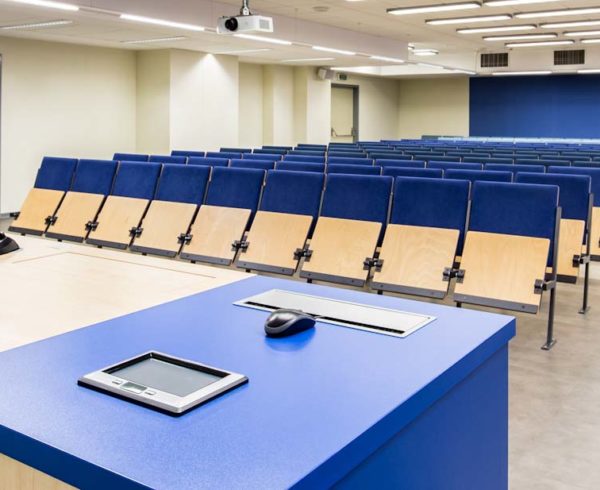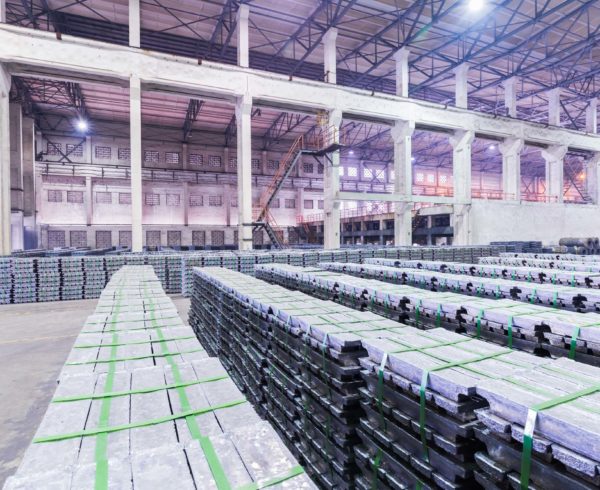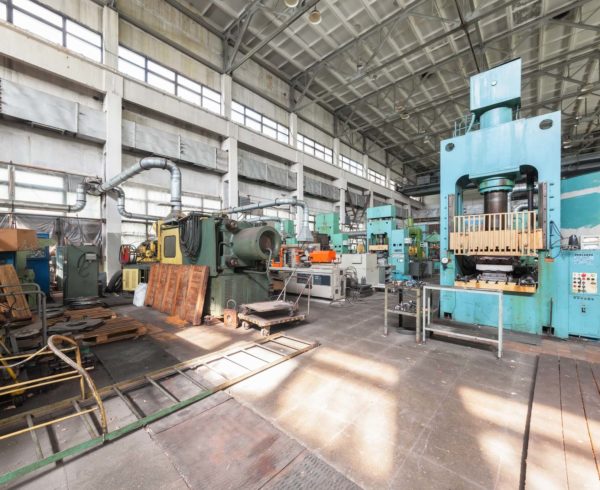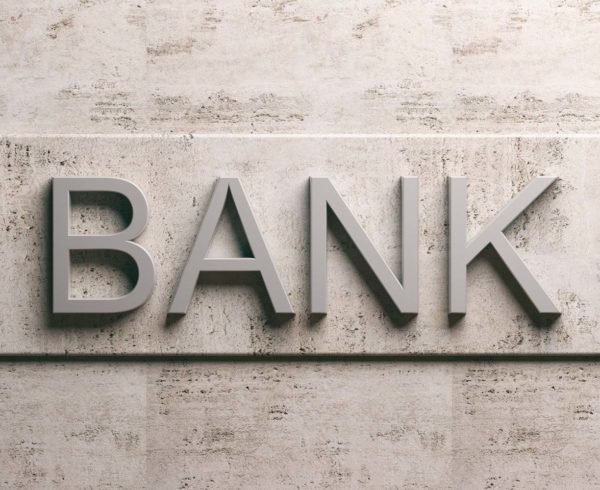As South Africa marks 30 years of democracy, the nation stands at a pivotal moment, grappling with considerable challenges that demand immediate attention to advance the national development plan and enhance the quality of life for all its citizens. Despite these structural hurdles, we believe there are numerous reasons to remain optimistic about the country’s future.
1. SOUTH AFRICA IS EXPERIENCING SEVERAL CHALLENGES
1.1. Weak Economic Growth
Over the past decade, South Africa has experienced negative real growth, with the economy expanding by only 0.6% in 2023 and only moderate nominal growth expected in the coming years. Supply-side constraints, such as severe power cuts and operational issues with rail and ports, have hindered growth from a production standpoint, while inflationary pressures have limited growth in terms of expenditure.
1.2. Political Uncertainty
Diminishing support for the ANC has created a highly competitive political landscape, with a wide range of both populist and centrist agendas emerging as alternatives to effective one-party rule. Recent polls indicate that the ANC is unlikely to secure a majority in the May 2024 elections, making a coalition government a likely scenario. The coalition members and the dynamics of this partnership remain uncertain. This political uncertainty is affecting business and investor confidence, with many adopting a ‘wait and see’ approach ahead of the May 2024 elections.
1.3. Energy and Logistics Crises
Severe power cuts and underperforming rail and port services are significantly hindering the economy, directly reducing output, and raising production costs. In 2023, power cuts occurred on 335 out of 365 days. Inefficiencies in rail and port operations have limited mining production and exports, with coal exports reaching a three-decade low in 2023, 40% below the peak volumes of 2017.
It is worth noting that in addition to these, other structural crises are imminent or in the near future:
Water – Water reliability continues to decrease due to inadequate spending to upgrade infrastructure and growing consumption; with 34% of the country’s water supply systems at critical risk of failure.
Gas – Sasol’s decision to cut off its gas supply to South Africa in June 2026 poses a significant risk of a gas shortfall, threatening the country’s primary manufacturing sector. Although the Department of Mineral Resources (DMR) has released the Draft Gas Master Plan to diversify supply and ensure security, concerns have been raised about the feasibility of implementing some proposed solutions in time.
Mining – Over the past decade, the mining sector has steadily declined, and now faces a looming crisis as it struggles to maintain profitability and attract investment. Production output and exports have sharply decreased in the past year, primarily due to the energy and logistics crises. These structural challenges and the difficult operating environment are diminishing South Africa’s attractiveness as an investment destination.
1.4. Triple Social Threat
Slow economic growth over the last decade has been insufficient to address the persistently high levels of unemployment, poverty, and inequality:
- Official unemployment is currently at 32.1%, with the expanded definition sitting at 41.1%.
- As of 2023 c.18.2 million people in South Africa are living in extreme poverty.[1]
- South Africa remains the most unequal society in the world, leading the Gini coefficient ranking.
This triple threat has intensified the pressure to deliver substantial social support, all within the context of declining government revenue and a constrained national budget.
Despite these challenges, several opportunities support Letsema’s cautiously optimistic outlook for the country.
2. SEVERAL OPPORTUNITIES EXIST IN THE COUNTRY
2.1. Structural Reforms – “Operation Vulindlela”
Operation Vulindlela is a joint initiative by the Presidency and National Treasury designed to accelerate structural reforms and support economic recovery. The initiative focuses on transforming key network industries such as electricity, water, transport, and digital communications. Notable milestones include:
Freight Rail
- Approval of a freight logistics roadmap to improve equipment and locomotive availability and ensure network security.
- Introduction of third-party access to the freight rail network.
Ports
- The finalisation of a partnership between Transnet and a private company to upgrade Pier 2 of Durban’s container terminal.
Energy
- Submission of the Electricity Regulation Amendment Bill to promote a competitive and long-term energy supply.
- Enhanced generation capacity by Eskom and independent power producers, with private investments totalling over R100 billion in 6000 MW of large-scale projects expected to become operational in the medium term.
2.2. Government education and employment initiatives
The South African government has several initiatives underway to improve education and skills development and alleviate youth unemployment.
Education
- Expansion of the vocational and training systems through the implementation of the approved curriculum for the three-stream model, which includes academic, vocational, and occupational training.
- There are also commitments for more university internships, workplace-based learning opportunities, and increased funding for short-skills programs and scare-skills bursaries.
Employment
- The introduction and expansion of the Presidential Youth Employment Initiative and the Expanded Public Works Programme are facilitating the creation of employment opportunities.
- Additionally, ongoing employment tax incentives are encouraging businesses to hire a greater number of young job seekers. The Youth Employment Services (YES) initiative aims to provide paid work experiences to one million young South Africans.
2.3. Green Investment
Significant investment opportunities exist in clean energy and climate change initiatives, supported by increased global green funding. For example, the DBSA-managed Green Fund which supports high-impact green projects with an initial allocation of R1.1 billion. South Africa is also set to showcase over $1 billion worth of green projects at the Africa Green Economy Summit, indicating strong international interest and investment potential in the country’s green economy.[2]
2.4. Private Sector Involvement
Shortcomings in public sector infrastructure and service delivery create substantial opportunities for private sector support and intervention. Momentum is already evident in sectors such as energy and rail, demonstrated by the allowance of additional power production by independent power producers and Transnet Freight Rail’s recent decision to permit third-party access to its rail network.
2.5. Investor Confidence
Renewed investor confidence has been bolstered by several significant factors. These include notable advancements in addressing systemic challenges like power supply constraints and port inefficiencies. Moreover, South Africa’s strides in combating corruption and enhancing governance have been pivotal in fostering an environment conducive to investment attraction and retention. Additionally, the removal of South Africa from the Financial Action Task Force (FATF) grey list, coupled with intensified legal measures against state capture corruption, has further buoyed investor sentiment.
2.6. Innovation & Technology
As companies strive for cost optimization and operational efficiencies, there will be an increase in innovation and the application of innovative technologies across industries. Despite financial strains, technology budgets remain robust, indicating a strong commitment to digital transformation.
Long-term growth depends heavily on enhancing capacity in energy and logistics and continuously reducing structural barriers to economic activity. Government commitments to address these constraints are crucial. Timely implementation of these commitments is key to reversing declines in critical indicators. The national elections in May 2024 are anticipated to be a catalyst for local and international investment, as well as for continued reforms.
ABOUT LETSEMA
Letsema is a Black-owned boutique professional services firm at the heart of a diversified investment holding company. We are dedicated to assisting our public and private sector clients as they navigate the challenging yet promising South African context. Our specialist practices provide comprehensive business support, from strategy design and execution to operational assistance.
Our commitment to leveraging business as a catalyst for positive social change underpins the work we do.
For further information about who we are and what we do please visit us at www.letsema.co.za.
[1] Poverty threshold: $1,90 per day
[2] DBSA, Engineering News












